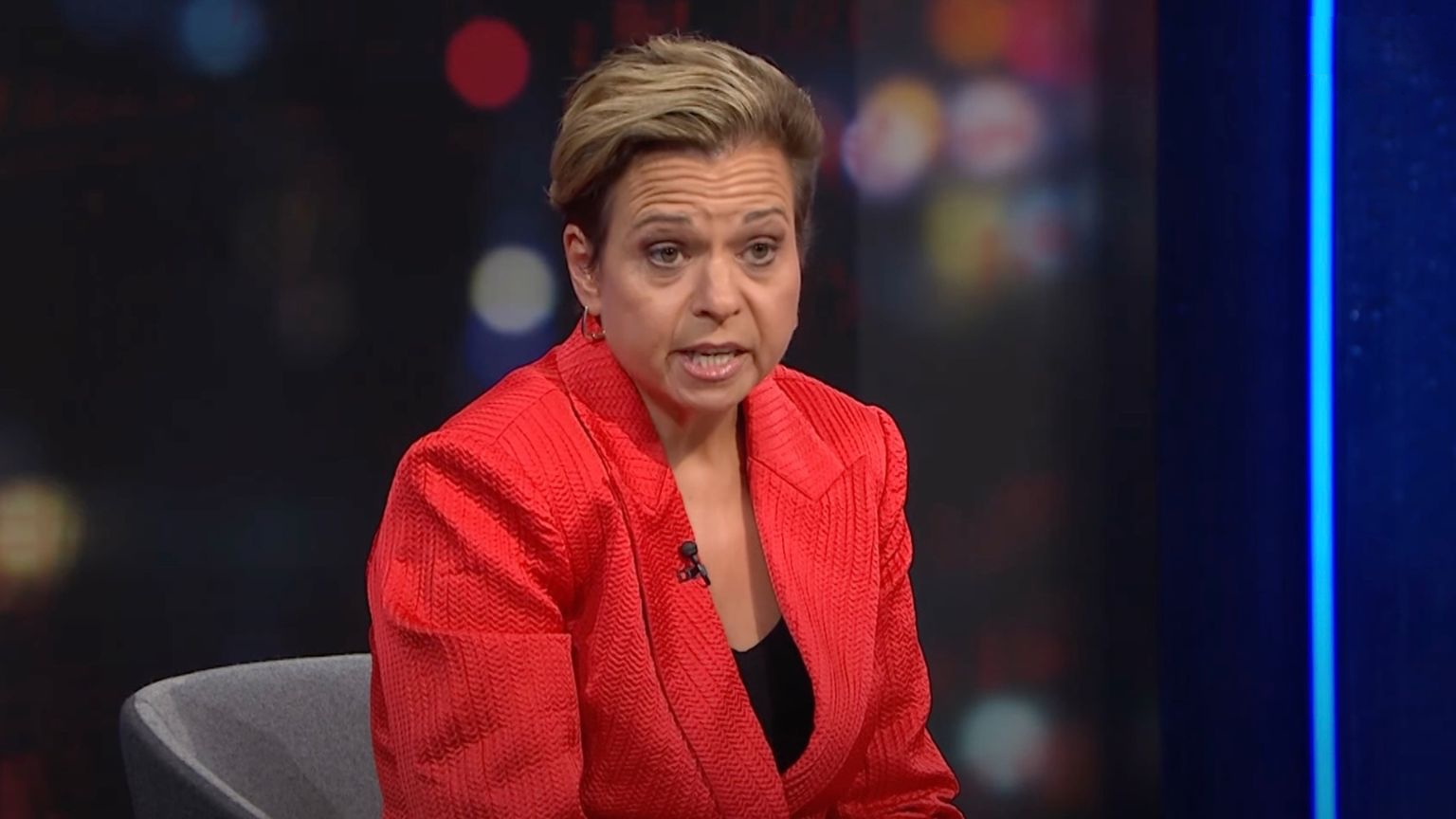Australian Communications Minister Michelle Rowland is trying to push back against claims by Coalition MPs that the proposed upcoming legislation would lead to an Orwellian “Ministry of Truth.”
The newly proposed legislation aims to strengthen the Australian Communications and Media Authority’s (ACMA) abilities to manage digital platforms that are seen to propagate “misinformation and disinformation.” However, critics rightly know that the move will threaten the very essence of free speech.
Despite these assurances, skeptics like Coalition communication spokesman David Coleman argue that the regulator will inevitably need to form an opinion on what constitutes misinformation to ensure platforms comply with the new legislation.
“For government to start defining what can and cannot be said in a democracy is hugely concerning. This bill would allow that to happen,” Coleman said, to the Sydney Morning Herald.
The proposed bill gives ACMA the authority to collect information from digital platforms about how they adhere to existing codes.
Moreover, ACMA will have the power to introduce a new “code” for companies that repeatedly fail to address so-called misinformation and disinformation or establish an industry-wide “standard” requiring the removal of harmful content.
Failing to adhere to these standards will carry significant penalties. These include substantial fines, either $6.88 million or 5% of a company’s global turnover, whichever amount is higher.
This policy approach is not without its opponents. Critics argue the broad definitions of misinformation and disinformation as material that is “false, misleading or deceptive” and “reasonably likely to cause serious harm” could be abused by political subjectivity, potentially stifling legitimate views.
Coleman expresses concern over potential self-censorship by digital platforms due to fear of incurring hefty fines. The proposed legislation, in his view, could lead to the suppression of Australians’ authentic opinions. The exemptions within the bill for professional news content, authorized electoral content, and satirical material do little to assuage such fears.
Meta, the parent company of Facebook and Instagram, also expressed apprehensions about the bill’s potential to chill legitimate political expression online, due to the potential for imposing “binding standards” with severe penalties.
Despite previous attempts to increase ACMA powers by the former Morrison government in March 2022, draft legislation was never released. Rowland asserts the Albanese government’s openness to “constructive suggestions” to enhance the bill and is holding public consultations for feedback. However, the opposition has yet to take a formal stance on the legislation.













